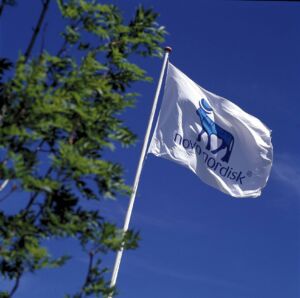News
Novo Nordisk opens new facility in Russia
This article is more than 10 years old.
Pharmaceutical giant keeps promise to hold firm

The new facility is the first facility for the manufacturing of modern insulin in Russia (photo: Novo Nordisk)
Many Danish companies may be downsizing their operations in Russia due to the ongoing geopolitical situation in the country, but Novo Nordisk isn’t among them.
The pharmaceutical giant has revealed that it has opened a new manufacturing facility – dedicated to the treatment of diabetes – in the city of Kaluga, located about 150 kilometres southwest of Moscow.
“The manufacturing facility in Kaluga is a sign of our long-term commitment to people with diabetes in Russia, where close to 10 million people have the disease according to local studies,” said Lars Rebien Sørensen, the CEO of Novo Nordisk.
“With our investment in local manufacturing, we will ensure the availability of high-quality modern insulin to people with diabetes in Russia who rely on our products every day.”
READ MORE: Novo Nordisk walking the line in Russia
First in Russia
The facility involves the production of Penfill insulin ampoules and Flexpen insulin injection pens. Novo Nordisk also has production facilities in Denmark, Brazil, China, France and the US.
According to Novo Nordisk, the new facility is the first and only facility for the manufacturing of modern insulin in Russia and has generated 150 new jobs thus far.
Despite Russia enduring an economic downturn at the moment, Novo Nordisk announced in January that it intended to hold firm with its activities in the country.










































